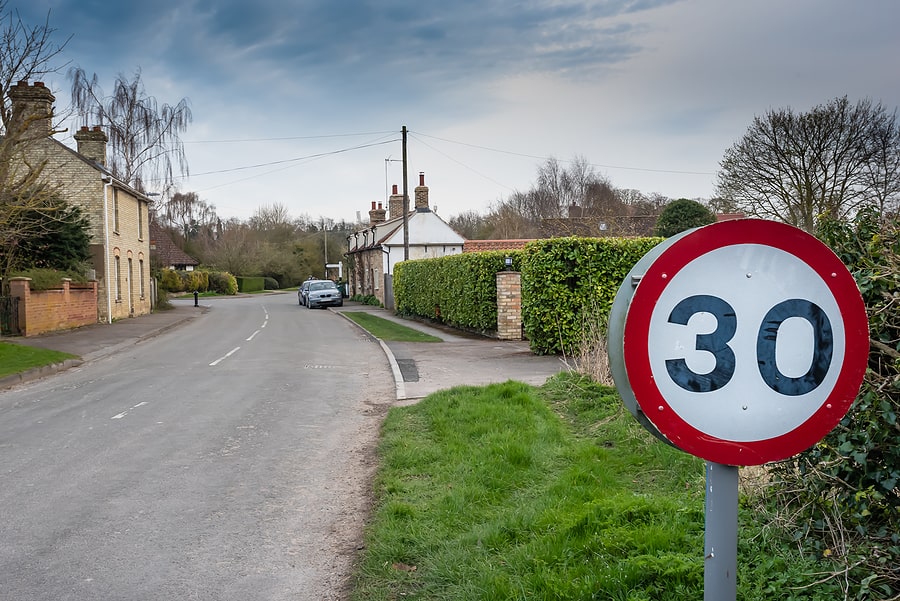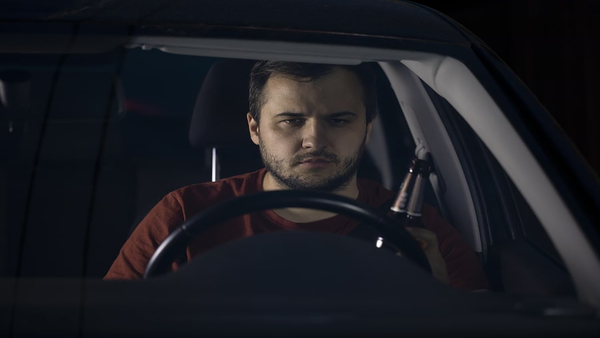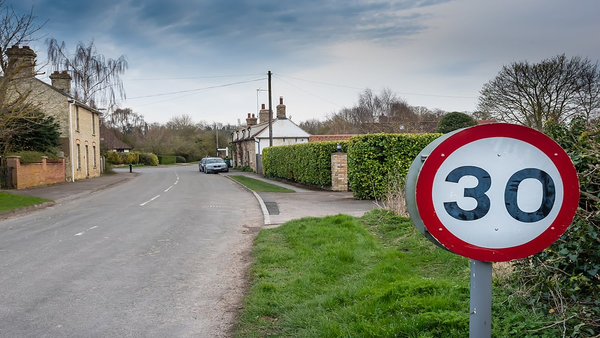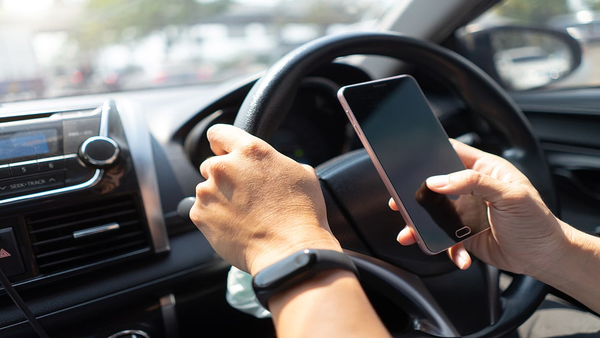Speeding remains the UK’s top motoring offence – but is there any good reason to appeal a speeding ticket?
Grounds for appealing a speeding ticket
There are almost no justifications for speeding. You can contest a speeding ticket for several reasons – but almost all of them are technical reasons. For that reason, it’s a good idea to consult with a
motoring offence solicitor, to see how best to mount a successful defence.
-
Incorrect or obscured road signs
In previous cases, courts have decided that motorists should be given proper guidance on limits – and to give motorists enough time to decrease their speed. If you can prove that restriction signage was inadequate, obscured, or just plain wrong, you could be able to appeal.
Technology is never 100% reliable. While malfunctions are rare, it’s possible that the camera has been improperly calibrated, is triggering at a slower speed, or has even been damaged. If you believe that a camera has clocked you going faster than you were, you should consider contesting the charge.
When you’re first caught speeding, you’ll be sent a Notice of Intended Prosecution. Check the details on this letter carefully. It should clearly outline details of the offence, including the time, location, and vehicle in question – and if these details are missing or incorrect, you could have a case. However, typos and misspellings won’t count, unless, say, you wanted to try using it as evidence that the police were rushing and didn’t take due care. A
driving offence solicitor will be able to advise.
-
You can prove you weren’t driving
You’re not liable for a speeding ticket if you can prove you weren’t driving at the time. So, if your car has been stolen or you lent it to someone, you’re in the clear. However, alongside your Notice of Intended Prosecution, you’ll also receive a Section 172 Notice. This must be returned to the police telling them who was driving the car at the time of the alleged offence. You must tell them, as failing to do so could result in a heavy fine and it’s illegal for you to accept responsibility for someone else’s speeding offence.
There are two time periods you’ll want to be aware of: Notice of Intended Prosecution should be sent within 14 days of the offence, and police have up to six months to charge you for speeding. After this time, you’ll have good grounds to contest the ticket. However, that’s not to say you’ll win your appeal – and if you plead not guilty and the court disagrees, the penalties are likely to be more severe.
Related article: Speeding offences: what are the penalties
When can’t you dispute a speeding a charge?
There aren’t many valid excuses for getting out of a speeding ticket – and despite what many drivers think, the following won’t be accepted as a valid defence.
-
You didn’t notice the speed restriction signs
It pays to pay attention. As a driver, it’s your duty to
know what the speed limit is – or, if in doubt, to take action that ensures you’re not speeding anyway. As a rule of thumb, if streetlights are at the side of the road, the speed limit is 20mph, but even this isn’t always an accurate measure. Depending on how fast you were going, you could potentially be convicted of
careless or dangerous driving.
It’s entirely possible that an emergency that led you to speeding will be taken into consideration when prosecuting, but it’s not enough to let you dispute the charge. However, they’ll also likely point out alternatives that were available to you, such as calling the emergency services. In your ‘emergency’ scenario, not only are you driving at speed, you’re driving in an unfit state – and that could lead to greater problems, putting at risk the lives of you, your passengers, pedestrians, and other road users.
-
I was under the ‘10% + 2’ rule
A lot of drivers assume that speed restrictions aren’t a hard-and-fast rule, and they’re allowed to slip over the limit by 10% plus 2mph. So, on a 40mph road, you could go up to 46mph without incurring a ticket. Only, that’s not the law. It’s a recommendation handed down by the National Police Chiefs’ Council. The police can choose to prosecute you even if you’re drifting just 1mph over the limit.
This is not a line of defence the police or courts will accept. Unless otherwise noted – for example, in an area with a school – the speed limit is consistent, 24/7. That you’re not endangering other road users isn’t the issue; you’re putting yourself at risk and breaking the law.
When should you talk to a solicitor?
If you dispute a charged of alleged speeding, it’s usually best to talk to a solicitor as soon as possible. That’s because you’ll need to send back your Section 172 Notice to the police and plead guilty or not guilty once you receive your Fixed Penalty Notice. More serious speeding charges will also go to court, where the penalties are severe.
Use the
quick quote on The Law Superstore to compare prices for driving offence solicitors near you.
Visit our
Motor Offences hub for more help and advice.






